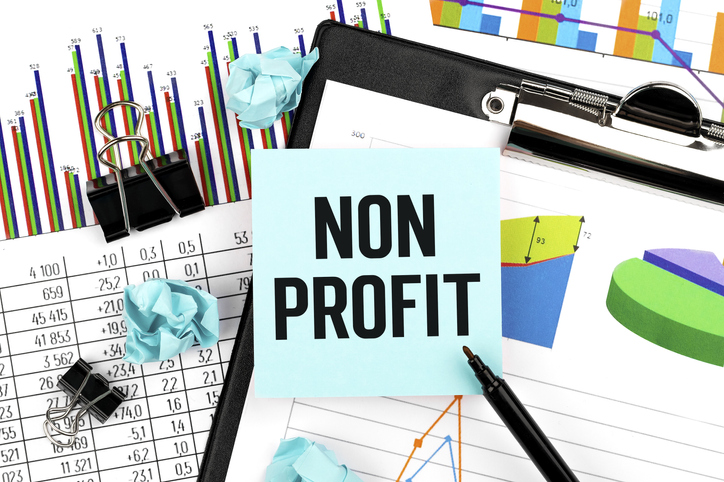As an accounting firm, we often encounter not-for-profit organizations that are unsure if they need to file a corporate tax return in Canada. As a result, we thought it was important to provide some information on this topic to help clear up any confusion.
Are you an incorporated not-for-profit in Canada?
Firstly, if you’re a Canadian incorporated not-for-profit, you’re classified as a corporation. Canadian tax law views you this way. Hence, you must file a corporate tax return or T2. This is true regardless of income generation. Maintaining tax-exempt status requires filing a return, even with no taxable income.
The general answer is yes, if you are incorporated, your not for profit must file a tax return in Canada.
The Canada Revenue Agency (CRA) uses your tax return to confirm your eligibility for tax-exempt status. The exemption is not automatic, it’s earned through fulfilling certain requirements.
Failing to file your corporate tax return can lead to serious consequences. Your tax-exempt status might be at risk. It could even lead to penalties and interest from the CRA. The past leniency of the CRA doesn’t guarantee future leniency.
Is there any other reason to file a not-for-profit tax return?
In addition to maintaining tax-exempt status, filing a corporate tax return is also important for transparency purposes. Not-for-profit organizations are required to provide financial information to the CRA to demonstrate how they are using the funds they receive. This information can also be used by donors, members, and the public to evaluate the organization’s financial health and how it is using its resources.
When combined with the year-end financials, this enhances the accountability and transparency of the organization.
Summary and Recommendations
Incorporated not-for-profit organizations in Canada must file a corporate tax return each year. This legal requirement helps keep tax-exempt status and ensures transparency. We’ve noticed funders checking that grant recipients have filed their corporate taxes. So expect questions on this topic. This is more applicable when dealing with larger funders.
More information on how and what to file can be found here: Filing a corporate income tax return. Your not-for-profit may also be required to file the additional Not-For-Profit Form (T1044) which are required for larger not-for-profits (there are specifications). This is an information return. Penalties on information returns are based on how late they are submitted to a maximum. To check if you have a requirement to file the NPO Return please refer to this area of CRA’s website: NPO Return. The Not-For-Profit Return is filed with the T2 Corporate Tax Return when required.
If you have any questions or concerns about filing a corporate tax return or T1044 not-for-profit return for your not-for-profit organization, we encourage you to reach out to your accounting professional for assistance. Many directors of not-for-profits are passionate about the specific mission of their organization but are uncomfortable with the finance side. We often work with organizations to help bridge this gap to allow you to make the biggest impact while ensuring you are onside with the requirements.
Virtual Heights Accounting is a Canadian CPA firm that operates in the virtual world. We provide virtual bookkeeping, accounting, and tax services to for-profit and not-for-profit corporations in Canada. Contact us at www.vhaccounting.ca/contactus or follow our blog on your chosen social media source.





